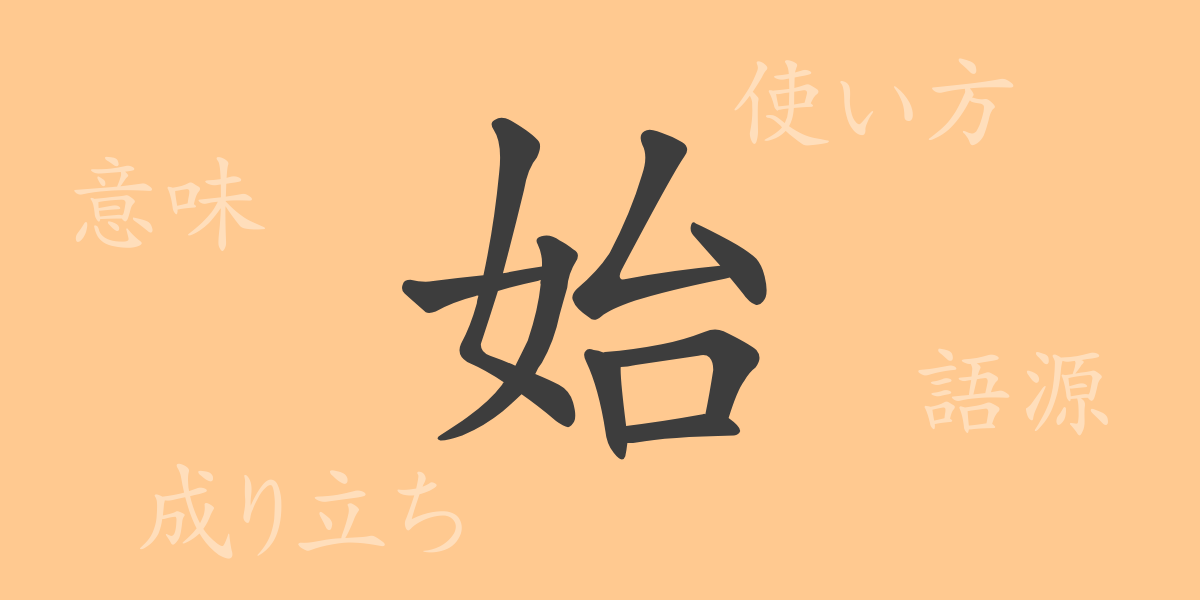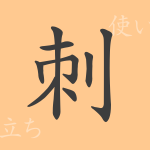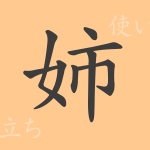The beauty of the Japanese language is evident in its characters. Kanji, in particular, imbue each line and stroke with meaning, reflecting the depth of Japanese culture. The commonly used kanji “始(はじ)” is one of those frequently encountered in daily life, symbolizing new beginnings and the starting points of things. This article delves into the origins, meanings, and uses of “始(はじ),” exploring related idioms and phrases in depth.
Origins of 始(はじ)
The kanji “始(はじ)” has evolved from ancient Chinese oracle bone script. Originally, it was a pictograph combining a woman and a child, symbolizing the birth of life and the commencement of new things. Over time, it was simplified to its current form, but its core meaning of beginnings and initiation remains.
Meanings and Usage of 始(はじ)
The kanji “始(はじ)” means “to begin” or “to start” and is used when initiating something new. It is also used in metaphorical expressions such as “starting a new challenge” or “taking the first step,” indicating the starting point of actions or endeavors.
Readings, Stroke Count, and Radical of 始(はじ)
Here is the basic information about the kanji “始(はじ)”:
- Readings: The on’yomi (音読み) reading is “シ” (shi), and the kun’yomi (訓読み) readings are “はじ・める” (haji-meru) and “はじ・まる” (haji-maru).
- Stroke count: “始(はじ)” has a total of 8 strokes.
- Radical: The radical of “始(はじ)” is “女(おんな),” meaning “woman.”
Idioms, Phrases, and Proverbs Using 始(はじ)
There are numerous idioms, phrases, and proverbs in Japanese that include “始(はじ).” Here are a few examples:
- 始末(しまつ): Meaning the beginning to the end of things, or dealing with and disposing of something.
- 始終(しじゅう): Meaning always or from beginning to end.
- 始発(しはつ): Referring to the first train or bus of the day.
- 新始(しんし): Meaning to start anew.
- 始原(しげん): Referring to the origin or source of something.
These idioms and phrases are widely used in daily conversations and business contexts.
Conclusion on 始(はじ)
The kanji “始(はじ)” is indispensable when it comes to initiating new things, as its shape suggests. Widely used in various aspects of life, “始(はじ)” is deeply embedded in the hearts of the Japanese people. By understanding the history and meanings behind “始(はじ),” we can appreciate the rich expressive power of kanji more deeply.

























